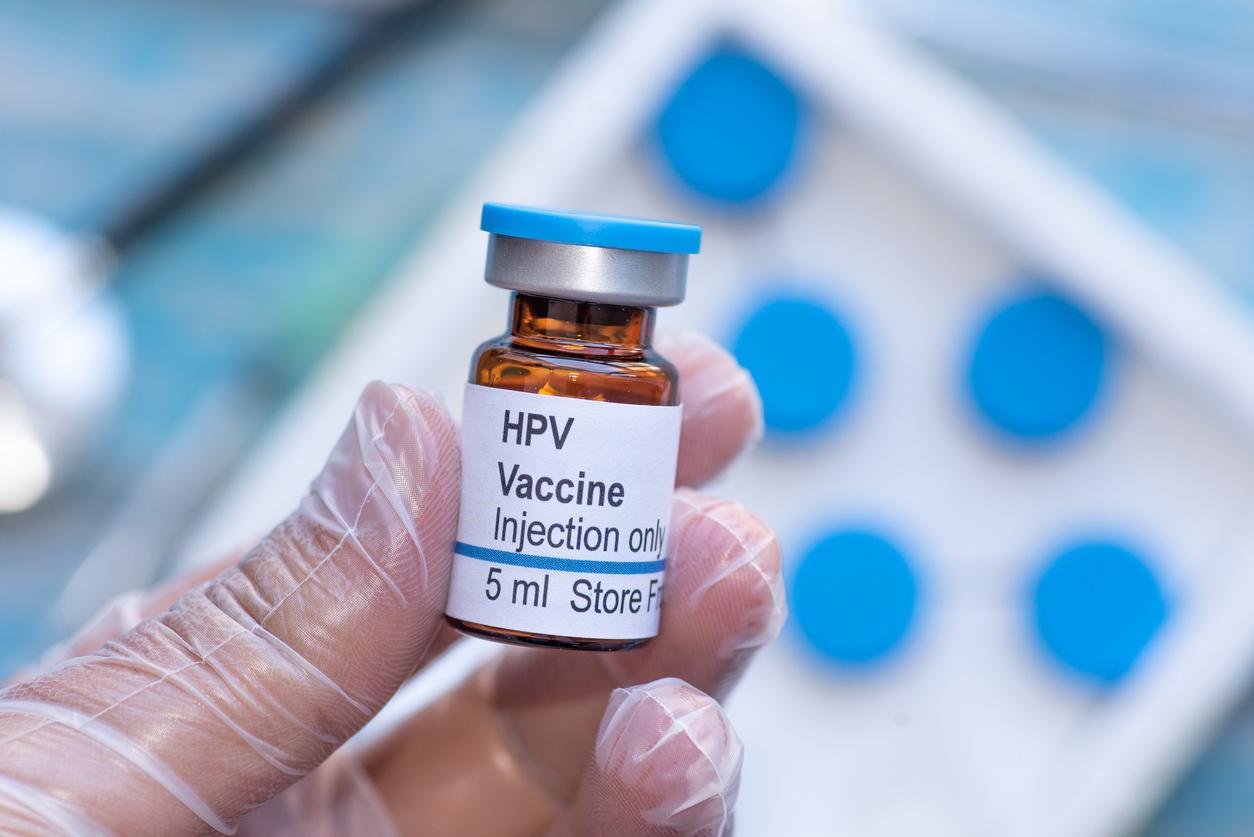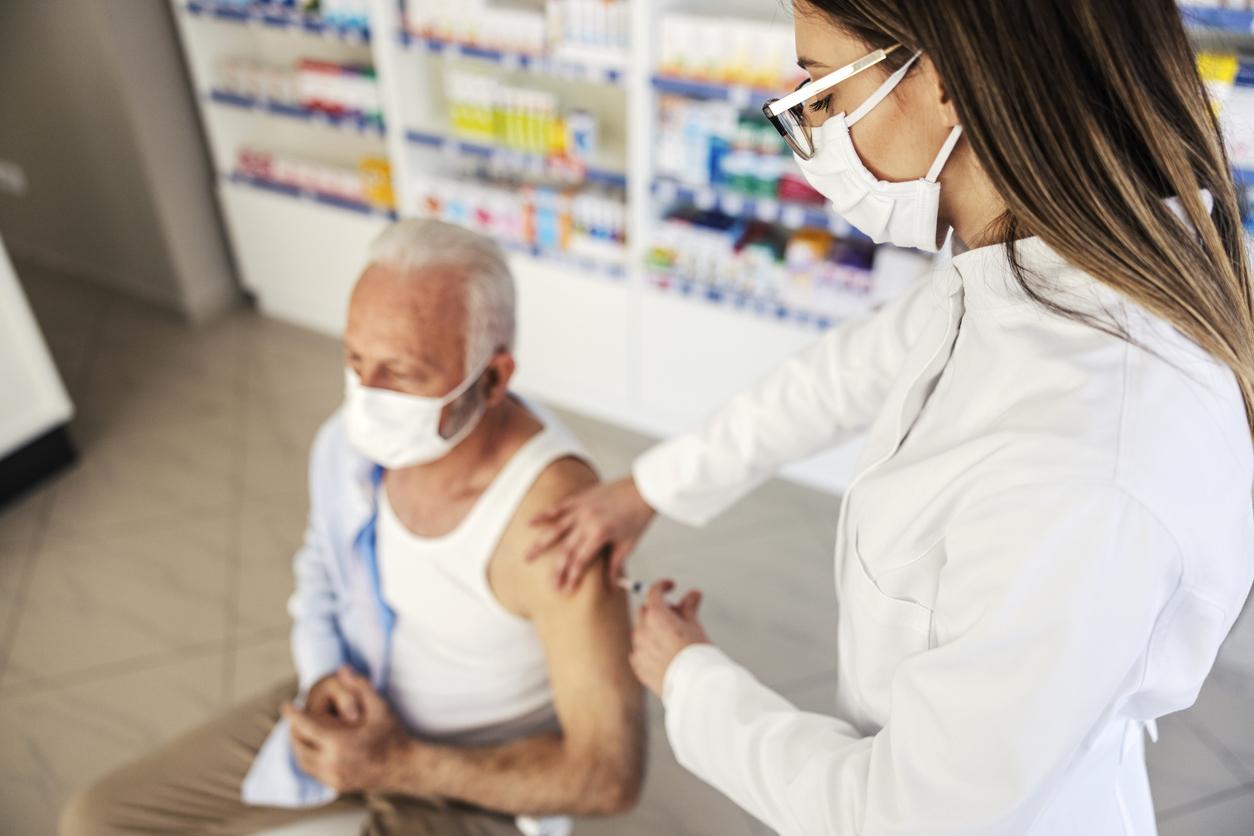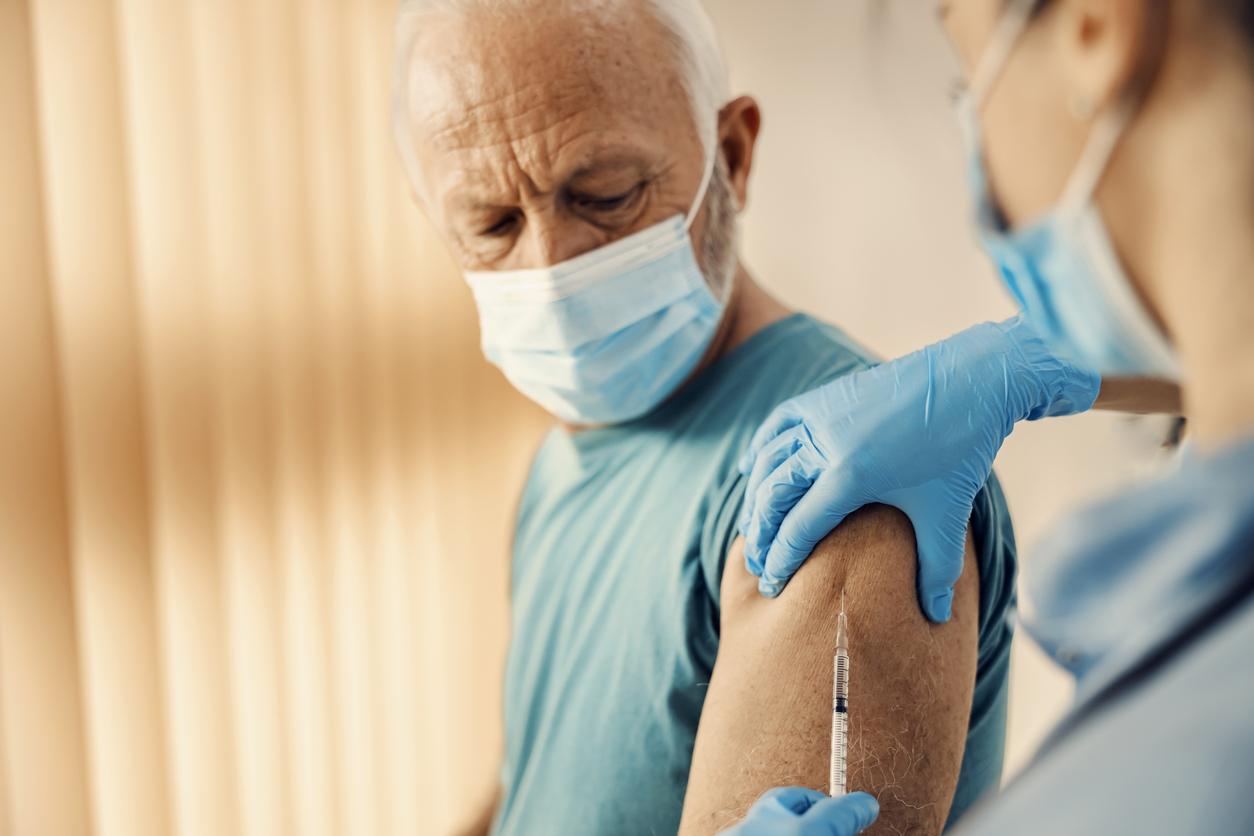Soon a aids vaccine? Hope is allowed in the scientific community with the start of a large clinical trial in South Africa. On an unprecedented scale, this test is intended to evaluate the effectiveness of a vaccine against the human immunodeficiency virus (HIV). 5,400 volunteers, sexually active men and women aged 18 to 35, residing in South Africa will participate in this life-size experiment. This country was not chosen at random, since more than 7 million are living with the virus.
If this vaccine is proven to work, it could sign the end of a deadly epidemic started in 1983. “If used together with the proven prevention tools that we already use, a safe and effective vaccine could be the final blow against HIV,” said Anthony Fauci, the director of the US National Institute of Allergy and Infectious Diseases (NIAID), cited by AFP.
Currently, no curative treatment exists to stop the infection and cure AIDS. There is no cure for this infection. Effective treatments with antiretroviral drugs(ARVs) are useful in suppressing viral replication in the body and helping to strengthen the immune system against infections. These therapies also help avoid transmission. If they allow the 18.2 million people carrying the virus and treated with antiretrovirals to lead a more “normal” life (even if, in reality, HIV-positive people are often victims of discrimination), the virus cannot be eliminated from the body.
A vaccine with a necessary efficacy of at least 50%
So far, the “South African” vaccine has been shown to be effective in reducing new infections in a panel of 252 people in an eighteen-month study. This “South African” vaccine is a stronger version of a strain tested in 2009 in Thailand on more than 16,000 volunteers. A test that had reduced the risk of contamination by 31.2% three and a half years after the first vaccination, says AFP. “The results obtained in Thailand are not sufficient for a launch (…). We have set the minimum threshold of effectiveness at 50%”, explained to AFP Dr. Lynn Morris, of the South National Institute. – African Communicable Disease (NICD).
With more than 36 million deaths to date, HIV continues to be a major public health problem, recalls theWorld Health Organization(WHO). In 2015, the virus caused 1.1 million people worldwide.
Young people, particularly girls are at highest risk. #HIVselftest is a new way to help more young people # Test4HIVhttps://t.co/8m5mYGfjrHpic.twitter.com/2oGRidKCEX
– WHO African Region (@WHOAFRO) November 30, 2016
Global coverage rates for all #HIV testing, prevention and treatment are lower among men than women https://t.co/LcBrmTNHQBpic.twitter.com/Fe5MvgqwaQ
– WHO (@WHO) November 30, 2016
To read also: Can we do without a condom under antiretroviral treatment?
Our special dossier on AIDS
Controversy over the new prevention campaign

















